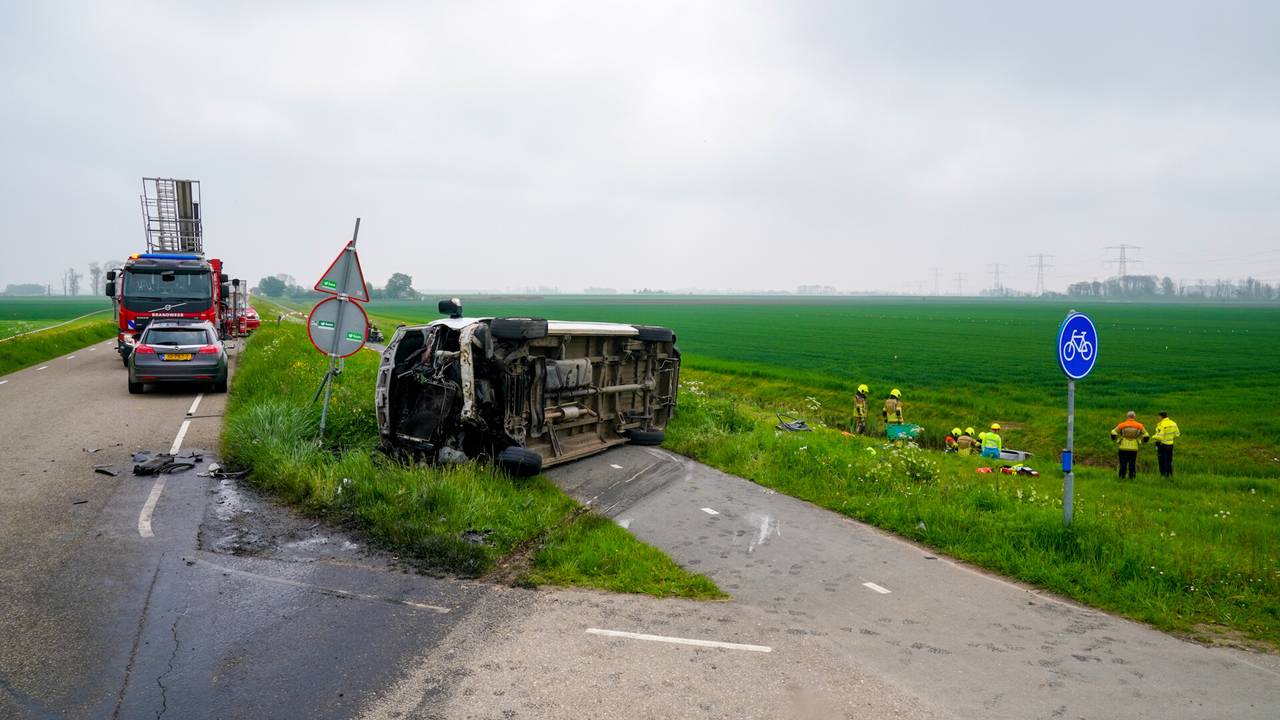Storing or recycling and using CO2 becomes a location advantage – Exciting discussion on CCS and CCU at the invitation of the Minister of Finance
Vienna (OTS) – The storage and recycling of CO2 is relevant to almost every industrial company. From steel production to cement, the chemical industry and thermal waste recycling: The investment cycles are now beginning, in which the use of CCS (carbon capture and storage) or CCU (carbon capture and utilization) means important decisions at company level. It is important to develop target-oriented investment models.
“By 2026 we will invest five billion euros in the ecological transformation of our economy. CCS and CCU have an important role to play in this. Because only natural sinks will not be enough to achieve our ambitious climate goals. Therefore, the technical sinks play an important role. Being able to store or recycle and use CO2 is becoming a locational advantage. In this way, climate protection and competitiveness go hand in hand,” emphasizes Finance Minister Brunner.
Create legal framework
In order to be able to use technologies for the transport, storage and use of CO2 in Austria in the best possible way, the first step is to clarify whether there is a need to change the current federal law prohibiting the geological storage of carbon dioxide. The legally required evaluation is currently underway.
“I hope that the National Council will lift the ban in autumn and set the appropriate course for the implementation of the European directive,” explains the Minister of Finance responsible for mining and raw materials.
But the Republic’s National Energy and Climate Plan (NEKP), which is to be submitted as a draft to the European Commission by the end of June 2023, also plays a major role. The Ministry of Climate Protection is in charge of developing this important plan.
“I am committed to ensuring that the NEKP has a thematic focus on the storage and use of CO2, which clearly shows the relevance of both technologies for the future of Austria as a business location. We must seize the opportunity to take big steps forward for climate protection and our location. This is only possible with speed, courage and cooperation,” says Magnus Brunner.
Panel of experts discussed in the BMF: “Good CO2, bad CO2”
On May 8th, Minister of Finance Brunner welcomed Holger Ott, head of the Chair for Reservoir Engineering at Montan Universität Leoben, head of the CCS & H2 Denmark business unit for Wintershall Dea, Anne-Mette Cheese and Oliver Geden from the German foundation in front of a high-calibre audience science and politics. Christoph Kotanko from the Oberösterreichische Nachrichten chaired the event in the Ministry of Finance.
In the course of the discussion, it quickly became clear: climate protection and the long-term safeguarding of Austria as a business and employment location are closely linked. The IPCC scenarios for compliance with the Paris temperature target also show:
In the future, technologies for CO2 capture and storage (CCS) or for further use (CCU) will be indispensable. For Austria alone, BMF internal analyzes as part of the long-term budget forecast assume an annual CO2 storage requirement of 5-10 million tons in order to achieve the national climate neutrality target cost-effectively.
Oliver Geden emphasized: “Geological storage is probably as safe as trees, in which CO2 is also stored. The challenges in decarbonization lie more in the challenging approval procedures. One thing is clear: in order to achieve climate targets, technologies will be needed to store CO2.”
Holger Ott stated: “At CCS the question arises: Do we want to be there or do we want to let the others do it? I’m with Minister Magnus Brunner: Austria should be a pioneer.”
And Anne-Mette Cheese emphasized on existing projects in Norway:
“With sufficient communication, positive awareness can be achieved in the population.”
Photos: bit.ly/3LCZ0Pc
Questions & contact:
Federal Ministry of Finance, press office
(+43 1) 514 33 501 031
bmf-presse@bmf.gv.at
Johannesgasse 5, 1010 Vienna


